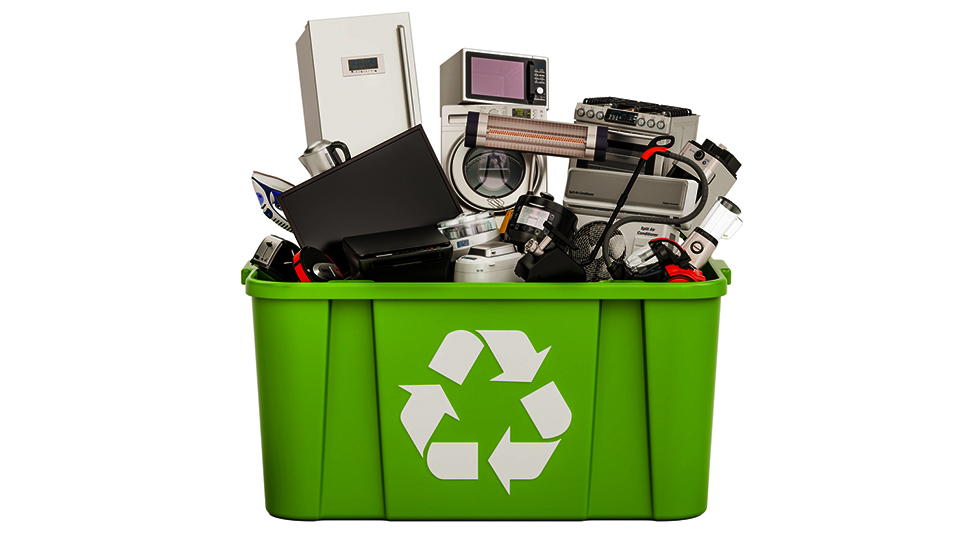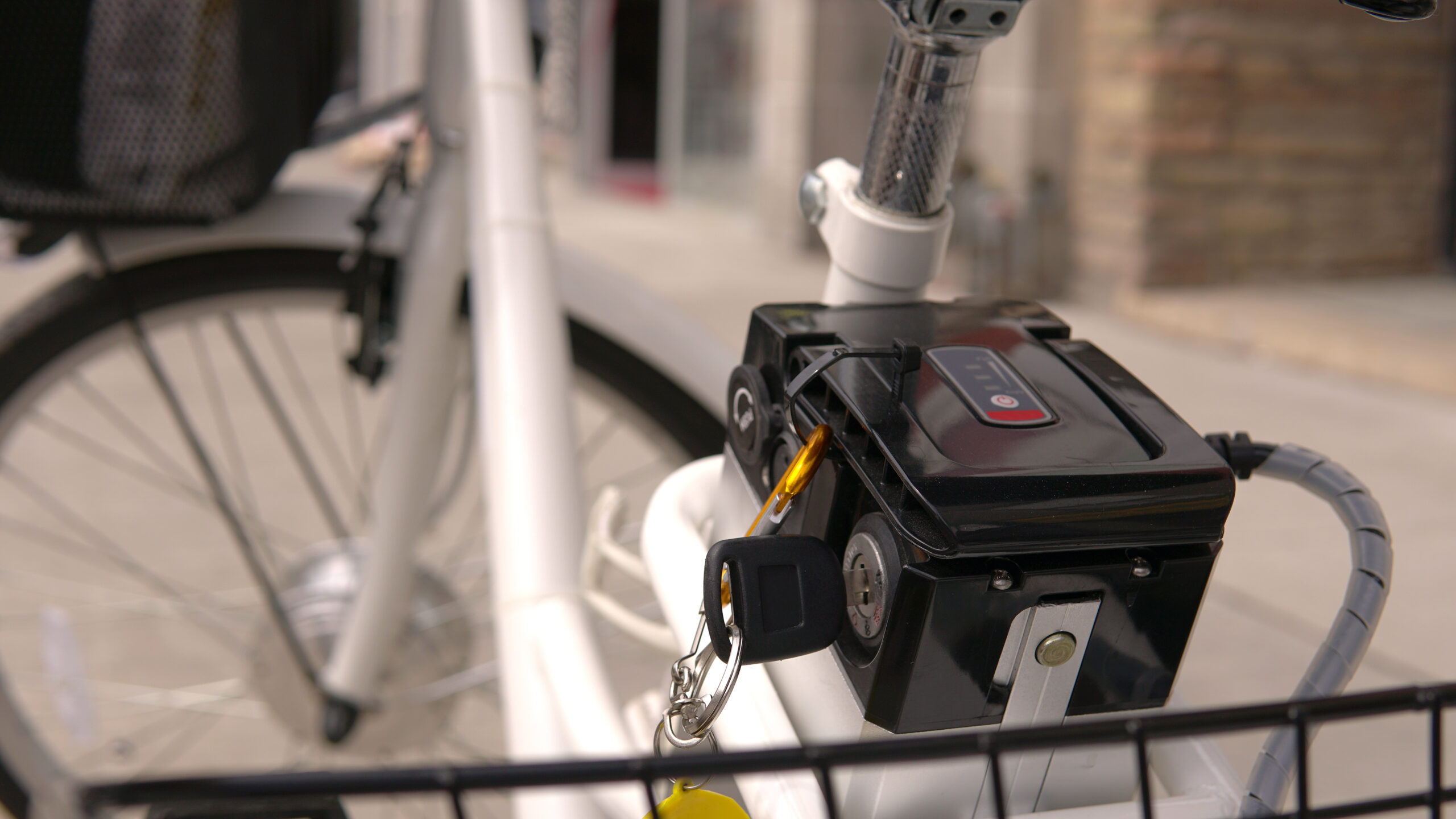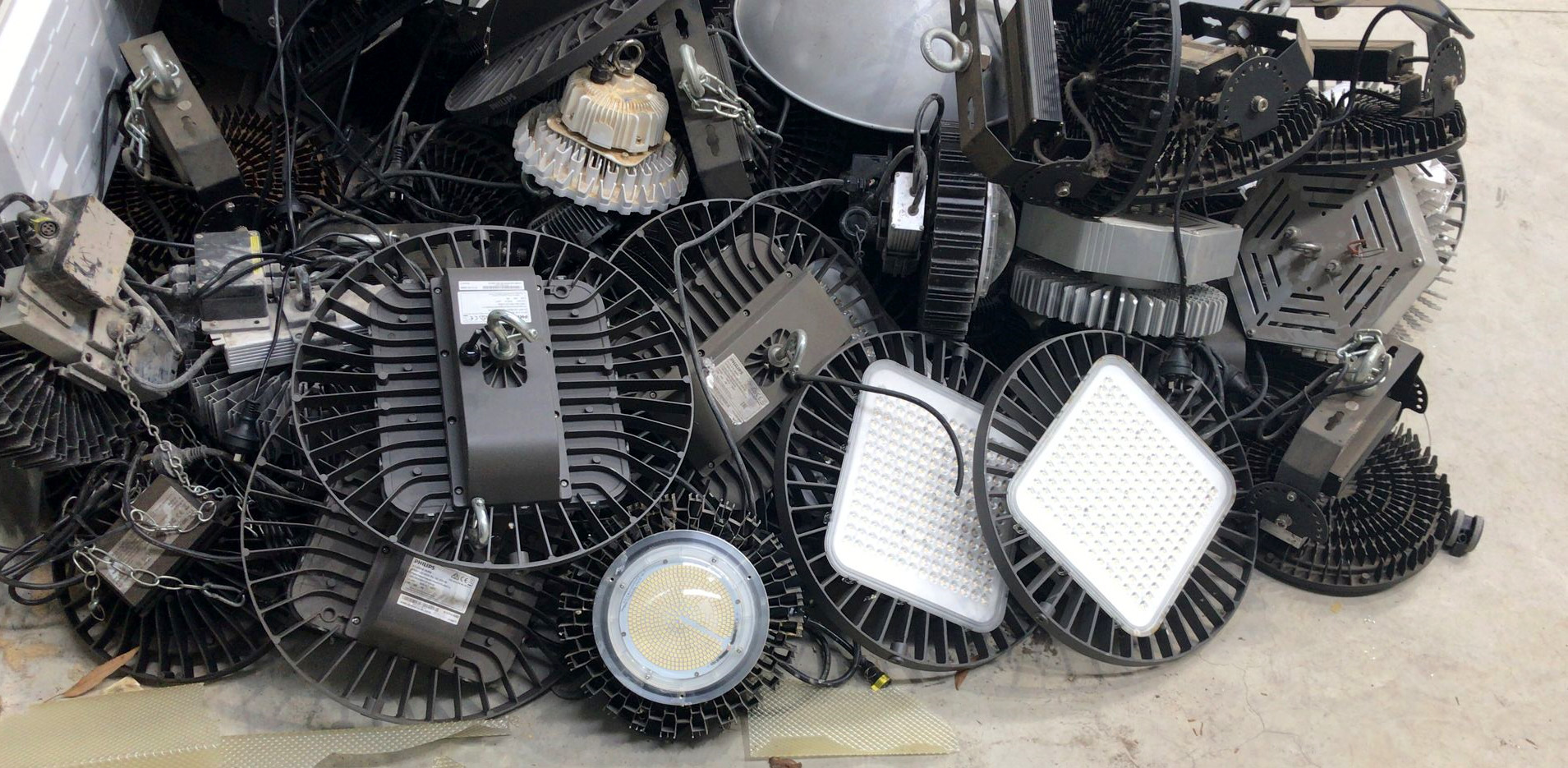In a decisive move towards a sustainable future, Western Australia (WA) is poised to implement a groundbreaking e-waste landfill ban this year, marking a pivotal moment in the state’s commitment to environmental stewardship. The comprehensive ban, a result of an inclusive public consultation process concluded last November, encompasses a diverse array of electrical and electronic items, including household essentials such as televisions, mobile phones, computer screens, data storage, refrigerators, dishwashers, batteries, medical devices, lighting, and lamps.
The initial phase of the ban aims to address the pressing issue of e-waste by targeting major contributors like televisions, mobile phones, computer screens, data storage, refrigerators, dishwashers, batteries, medical devices, lighting, and lamps. Future phases are anticipated to broaden the scope, covering small household appliances like kettles, toasters, and vacuums, as well as photovoltaics, including solar panels, and monitoring and control equipment.
Ecobatt leads the pack
Ecocycle stands at the forefront of e-waste management, delivering unparalleled services to Councils and businesses. Our extensive range of storage containers and bins is meticulously designed to accommodate the diverse needs of office buildings, council landfill sites, and every point in between. Experience seamless transport facilitated by our fleet of vehicles, ranging from versatile vans to robust trucks. The processing of e-waste is conducted with precision through our state-of-the-art and AS/NZS 5377 certified recycling facilities, ensuring the integrity of the entire chain of custody.
This legislative initiative is likely to extend its reach to businesses, with those having more than 200 employees or generating over 5 tonnes of regulated e-waste mandated to responsibly manage their electronic waste. Strict compliance measures require businesses to maintain meticulous records of their waste management practices.
Landfill operators are now prohibited from disposing of regulated e-waste, and both businesses and e-waste service providers are prohibited from sending or leaving such waste in landfills.
According to the Department of Water and Environmental Regulation (DWER), a staggering three-quarters of the 68,663 tonnes of e-waste generated in WA during 2019-20 ended up in landfills, underscoring the urgency of this critical environmental intervention.
DWER Director of Waste Avoidance and Resource Recovery, Adrian Wiley, emphasizes the untapped potential of the e-waste recycling industry. A substantial investment of $14 million is earmarked for community education programs and ramping up recycling capacities in the lead-up to the ban, setting the stage for a more sustainable e-waste management landscape.
Karen Chappel, State President of the WA Local Government Association (WALGA), acknowledges the challenges faced by local councils in managing e-waste, describing it as “expensive and complicated.” WALGA advocates for a comprehensive, national product stewardship scheme that covers all aspects of electronic waste recycling, as the absence of such a scheme currently contributes to increased costs for ratepayers.
While the federal government is actively developing a stewardship scheme for e-waste, slated for implementation in mid-2025, local entities like Ecocycle are already leading the charge. As one of the five national organizations under the government-approved co-regulatory arrangements for the National Television and Computer Recycling Scheme (NTCRS), Ecocycle, through its sister company EcoE-waste, is dedicated to achieving the highest standards in e-waste collection, sorting, and processing.
Recycling e-waste responsibly comes at a cost and it’s important to recycle the metals and plastics to get the best environmental outcomes. EcoE-waste uses robotics to remove the mercury from TV’s, monitors, and laptops protecting the environment and our staff. Many take high-risk shortcuts when recycling e-waste and with the growing embedded batteries found in e-waste, it’s critical the recyclers are rewarded on commercial terms to ensure all e-waste is handled and recycled correctly.
Doug Rowe, Group Managing Director of Ecocycle, envisions the WA ban as a catalyst for a unified approach to e-waste recycling across Australia. He anticipates that the federal government’s impending stewardship scheme will provide clarity on the responsibilities of businesses, fostering a concerted effort to reduce the environmental impact of e-waste in landfills. Ecocycle is ready to collaborate with progressive businesses and the government to pave the way for environmentally responsible outcomes.






